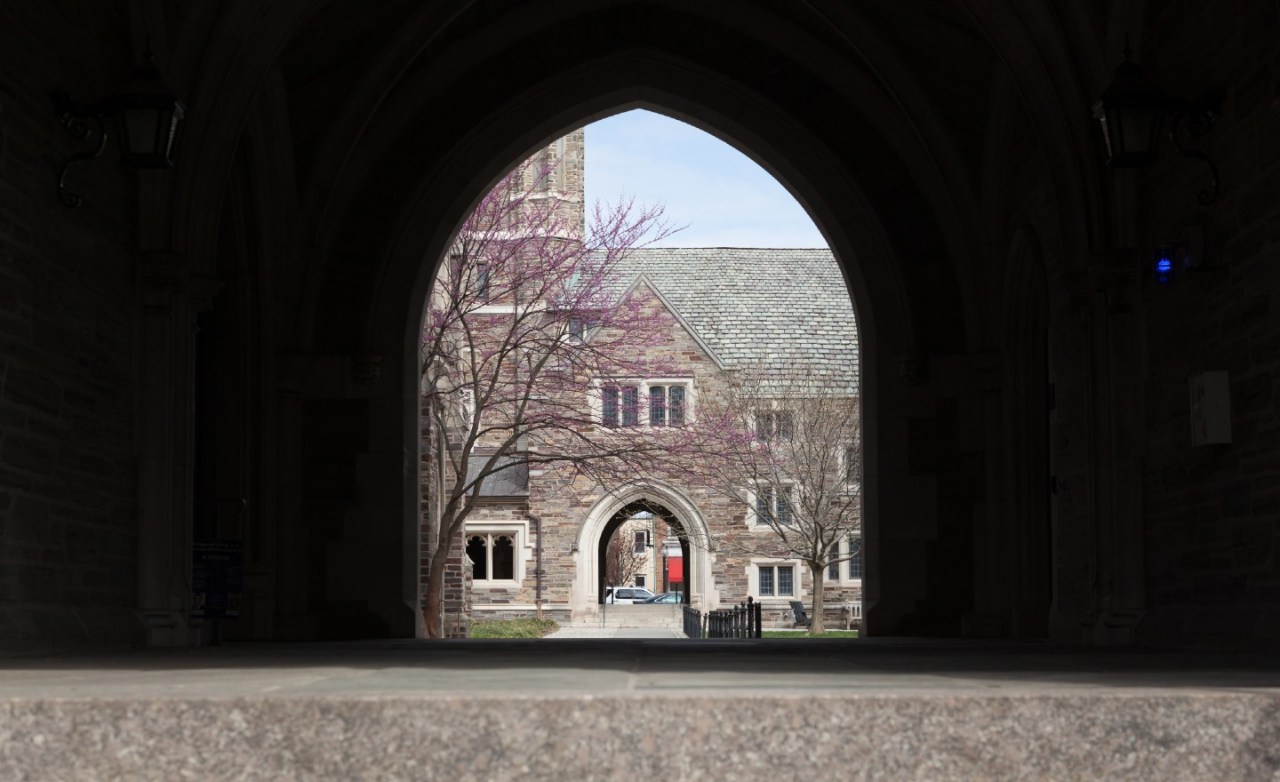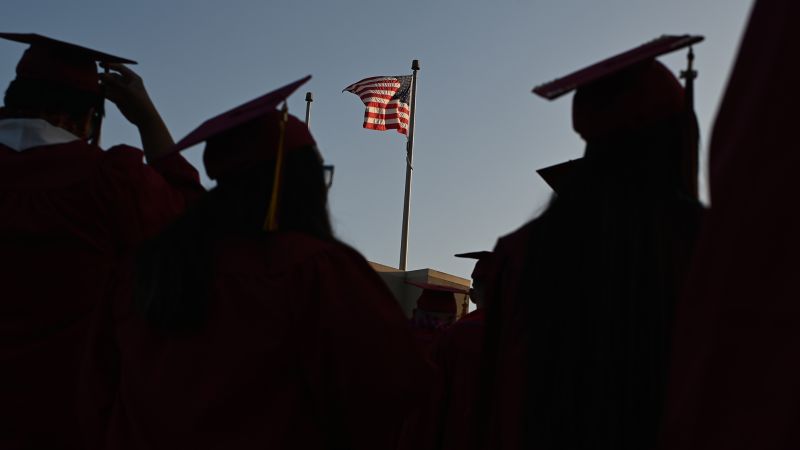Murdamase11
New member
- Joined
- Jun 4, 2022
- Messages
- 5
- Reaction score
- 0
in US for sure. can make a grand a day being a handyman!


I agree with the bankruptcy approach; the US is crippling a generation of citizens. For reform, I would restrict federal loans to students attending public universities at in-state rates. Private universities would be free to loan their own money, subject to the risk of bankruptcy discharge.Biden to make student debt easier to discharge in bankruptcy

Biden administration makes it easier to discharge student loan debt in bankruptcy | CNN Politics
The Department of Justice released new guidance Thursday that aims to make it easier to have federal student loan debt discharged in bankruptcy -- a particularly difficult legal process under the previous policy.www.cnn.com
This needs to accompany debt forgiveness. The government caused the student debt problem. They should fix it and provide relief to those harmed.

The University of Arkansas System is considering a transaction in which it would transform the for-profit University of Phoenix into an independent nonprofit affiliate, spokespeople for both institutions have confirmed. The deal, if it came to pass, would be the latest in a series of absorptions of formerly massive for-profit colleges by public universities, most of which have stirred controversy.
“Because these conversations are ongoing, we are unable to provide much detail,” Nate Hinkel, director of communications at the University of Arkansas System, wrote in a prepared statement. “However, I do want to confirm that the UA System itself would not be acquiring the University of Phoenix, and no public or university funds would be involved in this potential transaction. The contemplated structure would also not include any remaining private ownership of the nonprofit entity or the University of Phoenix.”
The system has created an affiliated nonprofit entity for the purpose of a potential University of Phoenix acquisition, Hinkel wrote.
At its peak in 2010, the University of Phoenix enrolled 470,000 students, including a mix of in-person and online students who were mostly working learners. Over the course of the next decade, economic trends and aggressive regulatory scrutiny from the Obama administration battered the university’s reputation and drove enrollment down. In 2019, the institution and the Federal Trade Commission agreed to a multimillion-dollar settlement following a five-year investigation into whether the university engaged in deceptive advertising by falsely touting its relationships with big employers; the agreement did not include an admission of wrongdoing.
By 2021, the university had 78,600 students, according to the institution’s 2021 annual academic report—the most recent available. The institution, which is owned by Apollo Education Group, once had more than 200 satellite learning centers and campuses but announced last year that it will close all but one, in Phoenix, by 2025.
In recent years, several public universities have absorbed formerly massive for-profit colleges in a series of controversial deals. In 2017, for example, Purdue University, a public institution in Indiana, produced a “tectonic shift” in American higher education when it acquired Kaplan University, including its roughly 32,000 students, 15 campus locations and 3,000 employees. The acquisition produced the nonprofit Purdue University Global. The deal marked a bold entry into the online education market for Purdue, as nearly 85 percent of Kaplan’s students at the time had been enrolled in fully online programs. But critics questioned whether Kaplan’s recruitment tactics and the value of its credentials posed reputational risks to the public institution.
A few years later, in 2020, the University of Arizona, a public land-grant institution, purchased for-profit Ashford University in a deal that included roughly 35,000 students—all online. The acquisition, which became the nonprofit University of Arizona Global Campus, was designed to maintain its own leadership, faculty members, academic programs and accreditation. Several business analysts at the time praised the deal as positive for Zovio, the publicly traded parent company of Ashford, which would run the new institution’s programs. But Arizona’s faculty members were also concerned about reputational risks in associating with a for-profit university that had been accused of predatory recruitment practices. They also questioned why they had largely been sidelined in discussions.
Arguably the most controversial aspect of the Purdue-Kaplan and Arizona-Ashford deals was the fact that in both cases, the newly formed nonprofit online university continued to be managed in part through services offered by the for-profit companies (Kaplan and Zovio). Last summer the University of Arizona ended that arrangement by buying Zovio's assets and taking full control of Arizona Global's operation.
Interesting graph. I would be curious to see a line for WFU’s increase in tuition and fees. Late 80’s is when the acceleration started, which is consistent with the graph.
In the early 90's I recall that University of Richmond (a school similar to Wake at the time) doubled their tuition in one year - went from $16k to $32k over the summer. Like you, I am curious what Wake's increase looks like.Interesting graph. I would be curious to see a line for WFU’s increase in tuition and fees. Late 80’s is when the acceleration started, which is consistent with the graph.
Rough calculation, but if tuition, room and board was $10k in 1986 (I think it was something like that), then adjusted for inflation the cost would be $26,702 in 2022.Nothing I own has increased in value as much as my degrees from Wake Forest.
